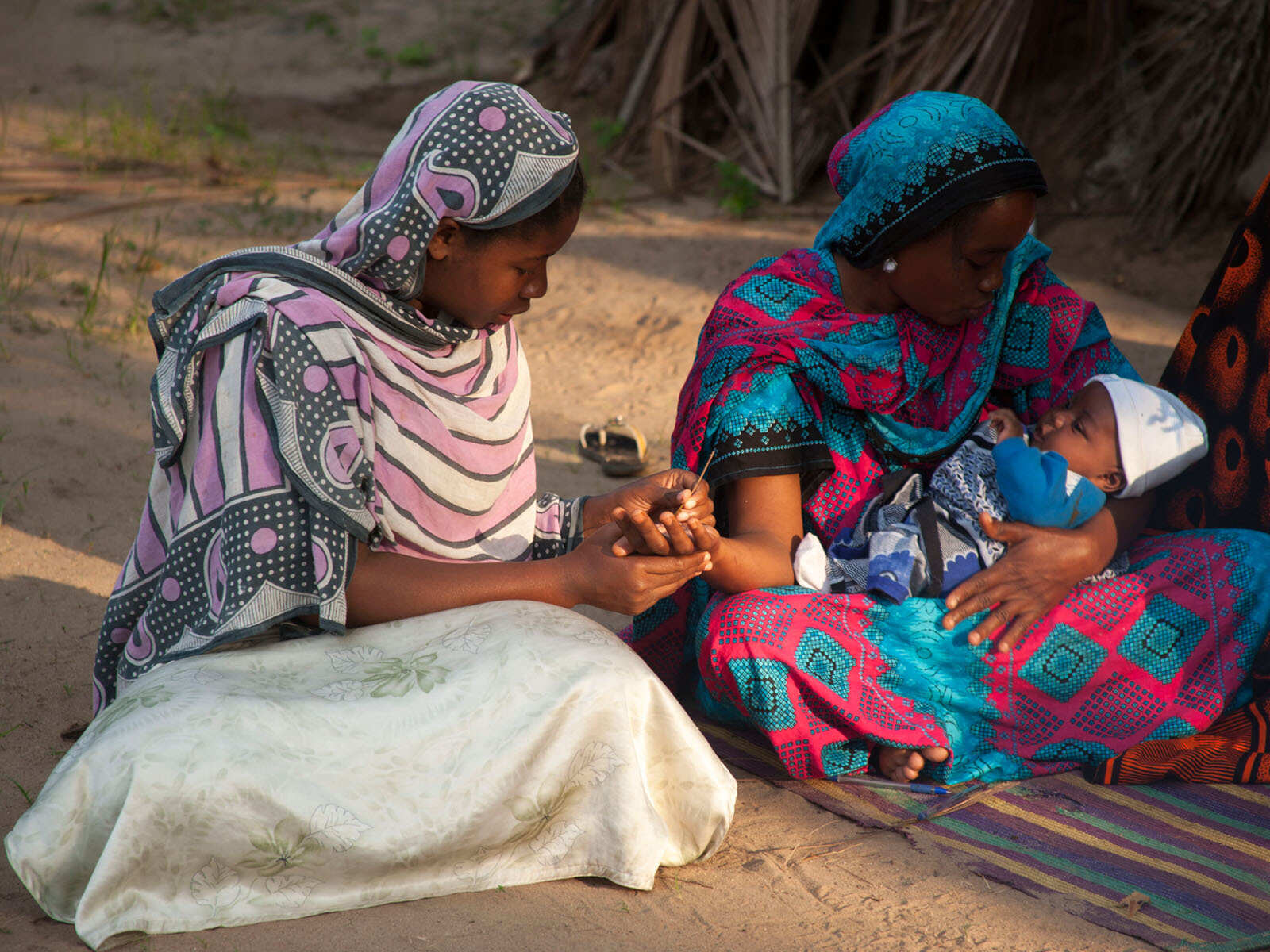
Swahili culture is a vibrant tapestry woven from African, Arab, Persian, and Indian influences. Rooted along the East African coast, it thrives in countries like Kenya, Tanzania, and Mozambique. Swahili language, also known as Kiswahili, serves as a unifying thread, spoken by millions across Africa. This culture is rich in traditions, music, dance, and cuisine, reflecting centuries of trade and interaction. From the rhythmic beats of Taarab music to the intricate designs of Swahili architecture, every aspect tells a story. Swahili cuisine tantalizes taste buds with dishes like pilau and samosas, blending spices from distant lands. Dive into these 28 fascinating facts about Swahili culture to uncover its unique charm and enduring legacy.
Key Takeaways:
- Swahili culture is a vibrant blend of African, Arab, and Indian influences, seen in its language, cuisine, architecture, clothing, music, and maritime heritage.
- The Swahili people celebrate their rich cultural heritage through colorful festivals, traditional clothing, and lively music and dance, reflecting their diverse influences and traditions.
Swahili Language and Its Origins
Swahili, also known as Kiswahili, is a Bantu language widely spoken in East Africa. It has a rich history influenced by various cultures and languages.
- Swahili is spoken by over 16 million people as a first language and more than 80 million as a second language.
- The language has roots in Arabic, Persian, Portuguese, and German due to historical trade and colonization.
- Swahili is the national language of Kenya, Tanzania, and Uganda.
- The word "Swahili" comes from the Arabic word "Sawahil," meaning "coasts."
Swahili Cuisine
Swahili cuisine is a delightful blend of African, Arab, and Indian influences. It is known for its rich flavors and aromatic spices.
- Coconut milk is a staple ingredient in many Swahili dishes.
- Pilau, a spiced rice dish, is a popular Swahili meal often served during special occasions.
- Ugali, a type of maize porridge, is a common side dish in Swahili cuisine.
- Mandazi, a fried dough snack, is a favorite breakfast item.
Swahili Architecture
Swahili architecture reflects the region's diverse cultural influences, particularly from Arab and Persian traders.
- Swahili houses often feature intricately carved wooden doors.
- The use of coral stone in building is a distinctive characteristic of Swahili architecture.
- Many Swahili buildings have large, open courtyards designed for social gatherings.
- The Great Mosque of Kilwa is a prime example of Swahili architectural style.
Swahili Clothing
Traditional Swahili clothing is both practical and elegant, often reflecting the region's climate and cultural heritage.
- Women commonly wear "kanga," a colorful cloth with printed designs and messages.
- Men often wear "kofia," a traditional cap, along with a long robe called "kanzu."
- Swahili clothing is usually made from lightweight fabrics suitable for the warm coastal climate.
- The designs and patterns on Swahili clothing often carry cultural and social significance.
Swahili Music and Dance
Music and dance are integral parts of Swahili culture, often used to celebrate important events and tell stories.
- Taarab music, a blend of African, Arab, and Indian influences, is popular in Swahili culture.
- The "ngoma" drum is a central instrument in Swahili music.
- Swahili dances often involve intricate footwork and rhythmic movements.
- Music and dance are commonly performed during weddings, festivals, and other social gatherings.
Swahili Festivals and Celebrations
Swahili people celebrate various festivals that reflect their rich cultural heritage and religious beliefs.
- Eid al-Fitr and Eid al-Adha are major Islamic festivals celebrated with feasts and communal prayers.
- Mwaka Kogwa is a traditional New Year celebration in Zanzibar, involving rituals and performances.
- The Lamu Cultural Festival showcases Swahili arts, crafts, and traditions.
- Swahili weddings are elaborate events that can last several days, featuring music, dance, and feasting.
Swahili Maritime Heritage
The Swahili coast has a long history of maritime trade and exploration, which has significantly influenced its culture.
- Swahili sailors used traditional dhows, wooden sailing vessels, for trade across the Indian Ocean.
- The Swahili coast was part of the ancient trade route connecting Africa, the Middle East, and Asia.
- Maritime trade brought various goods, including spices, textiles, and ceramics, to the Swahili coast.
- The Swahili people have a rich tradition of boat-building and navigation skills passed down through generations.
The Heart of Swahili Culture
Swahili culture is a rich tapestry of history, language, and traditions. From its roots in East Africa to its influence on global trade, the Swahili people have left an indelible mark on the world. Their unique blend of African, Arab, and Persian influences creates a vibrant cultural mosaic.
Understanding Swahili culture means appreciating its music, dance, and art, which are deeply intertwined with daily life. The Swahili language, with its melodic tones, serves as a bridge connecting diverse communities. Festivals like Mwaka Kogwa and Sauti za Busara showcase the community's spirit and creativity.
By exploring these 28 facts, you've taken a step closer to appreciating the depth and beauty of Swahili culture. Whether you're drawn to its history, language, or traditions, there's always more to learn and celebrate. Dive deeper, and you'll find even more to admire.
Frequently Asked Questions
Was this page helpful?
Our commitment to delivering trustworthy and engaging content is at the heart of what we do. Each fact on our site is contributed by real users like you, bringing a wealth of diverse insights and information. To ensure the highest standards of accuracy and reliability, our dedicated editors meticulously review each submission. This process guarantees that the facts we share are not only fascinating but also credible. Trust in our commitment to quality and authenticity as you explore and learn with us.
